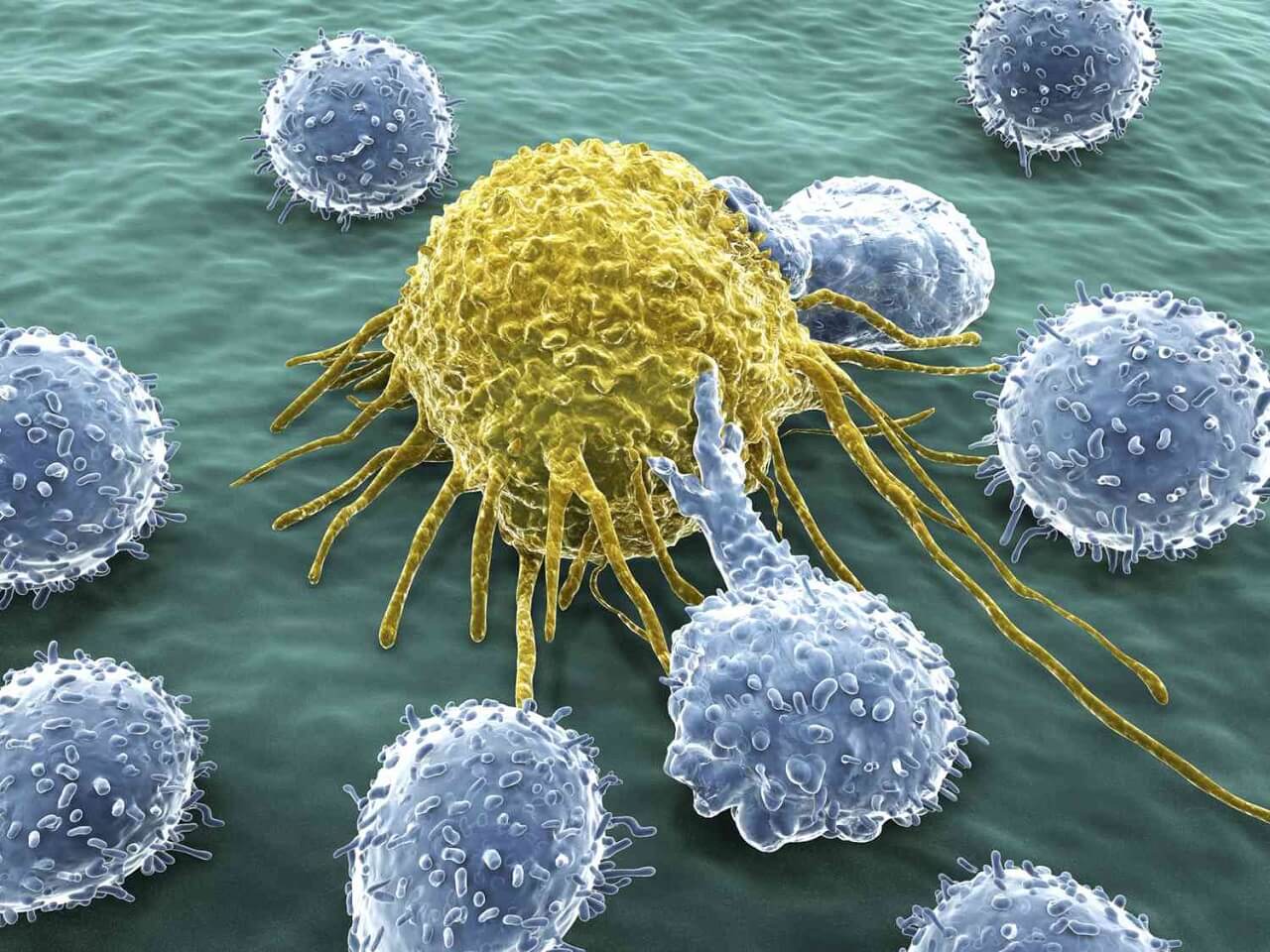Hepatitis treatment prevents progression of common blood cancer — new study
A few years ago, a patient with a blood cancer called multiple myeloma made a remarkable recovery. This case drew the attention of researchers, who were surprised by the fact that the patient was being treated for a completely different disease.
Interest in the potential link brought together Spanish and French researchers who discovered that hepatitis B virus (HBV) and hepatitis C virus (HCV) are linked to the development of multiple myeloma and an early non-cancerous stage called monoclonal gammopathy .
Their new research shows that early detection of hepatitis B and C can help doctors prevent monoclonal gammopathy from turning into cancer if they start treating these viral infections.
"We have shown that antiviral therapy improves the survival rate of multiple myeloma patients with hepatitis B." Our study in a large cohort also confirms that antiviral treatment also improves the condition of multiple myeloma in hepatitis C-infected patients," Alba Rodríguez-Garcia, a biomedical scientist at the Spanish Association for Clinical Trials of Hematological Malignancies, and colleagues wrote in the publication.
Multiple myeloma is a cancer that develops from abnormal plasma cells in the bone marrow. Normally, plasma cells are a type of white blood cell that produces antibodies to fight infection . The disease is characterized by multiple tumors.
Abnormal plasma cells multiply and produce too many of one type of antibody, which is different in each case. This antibody is called myeloma protein and is used as a biomarker for cancer.
Before multiple myeloma, there are early stages called monoclonal gammopathy of undetermined significance (MGUS) and smoldering myeloma (SMM).
Treatment for multiple myeloma has progressed, but the disease is still considered incurable.
Some studies have linked monoclonal gammopathy of undetermined significance (MGUS) and multiple myeloma to chronic exposure to certain substances (eg, viral byproducts). Studies have also linked long-term infections to chronic lymphocytic leukemia and lymphoma, two diseases that involve the antibody's recognition receptors.
Researchers have also found links between multiple myeloma and other viral infections, such as HIV and Epstein-Barr virus. Determining what the patient's antibodies are attacking can help control the disease .
In 2022, the same group published a study that was conducted on nine patients with hepatitis C and concurrent monoclonal gammopathy. Those who were treated with antiviral drugs had a much greater improvement in their multiple myeloma and monoclonal gammopathy than those who were not treated.
Even more encouragingly, antiviral treatment in one of these patients, a man with multiple myeloma, put him in long-term, complete remission that lasted at least four years.
Rodriguez-Garcia and her team's new study involved 45 patients with monoclonal gammopathy and hepatitis B. In 36.7 percent of cases, they were able to identify the type of excess antibody produced that specifically targeted the hepatitis B virus, indicating that it was the hepatitis B virus that was driving their pathology. After receiving antiviral drugs, the progression of the disease stopped in two patients.
After that, they studied a larger group of 2,500 patients with multiple myeloma and concurrent hepatitis B or C. In both groups, they found that those who received antiviral drugs had a higher chance of survival.
"This study demonstrates the importance of antiviral treatment for patients with clonal diseases driven by hepatitis B and C viruses, including multiple myeloma. Antiviral therapy should be started as early as possible," the researchers write.
The study was published in Haematologica .
Prepared by ScienceAlert.





